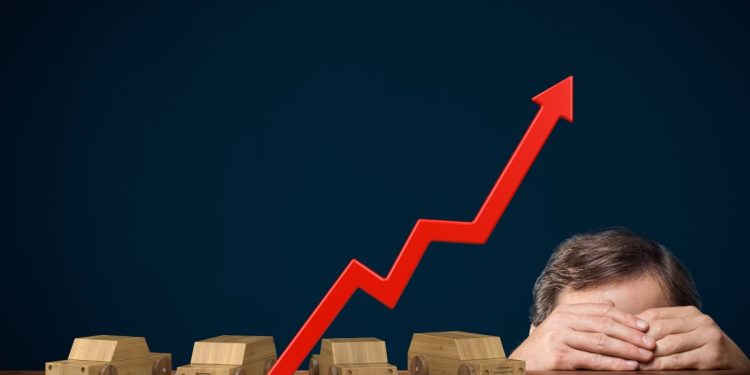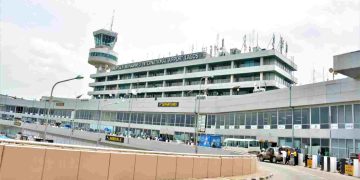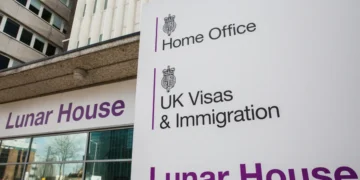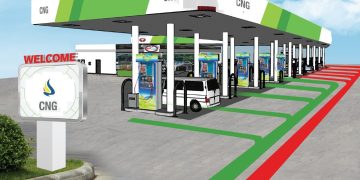The dynamic realm of fuel prices in Nigeria has witnessed a staggering transformation in the past year. Data freshly released by the National Bureau of Statistics (NBS) has thrown light on an astounding 215.95% surge in fuel prices between July 2022 and July 2023.
This shift has sent ripples throughout the country, prompting discussions on the economic implications and the changing financial reality for Nigerian citizens.
Rapid Escalation in Fuel Prices
The recently published NBS Premium Motor Spirit Price Watch Report for July 2023 has presented a vivid picture of the fuel price evolution. In July 2022, Nigerians paid an average of N190.01 per litre for fuel.
However, the scenario took a dramatic turn in July 2023, with the price soaring to an average of N600.35 per litre. This unprecedented escalation in prices highlights a perplexing reality faced by Nigerians at fuel stations across the nation.
Regional and Zonal Variation
The NBS report also delves into the regional and zonal disparity in fuel prices. Borno State emerged with the highest average retail price for Premium Motor Spirit (Petrol) at N657.27, followed by Abia and Gombe States with N643.13 and N642.22, respectively.
Conversely, Edo, Kwara, and Benue States showcased the lowest average retail prices, ranging from N530.00 to N537.00. Zonally, the North-East Zone recorded the highest average retail price of N630.13, while the North Central Zone displayed the lowest price of N551.58.
The Multifaceted Price Journey
Understanding the price trajectory underscores the complexity of the fuel market. Throughout the year, Nigerians experienced fluctuating price ranges. In July 2022, fuel costs spanned the spectrum of N165 to N185 per litre.
Subsequently, by October 2022, this range adjusted to N148 to N178 per litre. December 2022 witnessed prices ranging between N148 and N206 per litre, followed by a return to N165 to N185 per litre in January 2023.
The pivotal point arrived with President Bola Ahmed Tinubu’s assumption of office in May 2023, marked by the removal of fuel subsidies. The removal marked the beginning of a new chapter where market forces took centre stage in determining prices.
Implications and Public Perception
As global crude prices experienced a surge, Nigerian fuel prices embarked on an upward trajectory, adding to the financial challenges of a population grappling with rising living costs.
The government’s call for collective sacrifice and support to resuscitate the economy has met with mixed reactions. While some Nigerians understand the need for reform, others have voiced their concerns over decisions made by the political elite.
These concerns centre on the potential augmentation of government spending while the general population contends with heightened financial burdens post-fuel subsidy removal.
Predicting the Path Forward
The landscape of fuel prices in Nigeria remains uncertain, influenced by global crude prices, economic reforms, and market dynamics. The government’s endeavour to strike a balance between economic recovery and public welfare will continue to shape the trajectory of fuel prices.
As Nigerians navigate this evolving scenario, a confluence of factors will determine whether the nation’s economy can rebound, alleviating the financial stress on its citizens. The road ahead calls for strategic policy decisions that ensure economic sustainability while alleviating the burdens on the common man.












